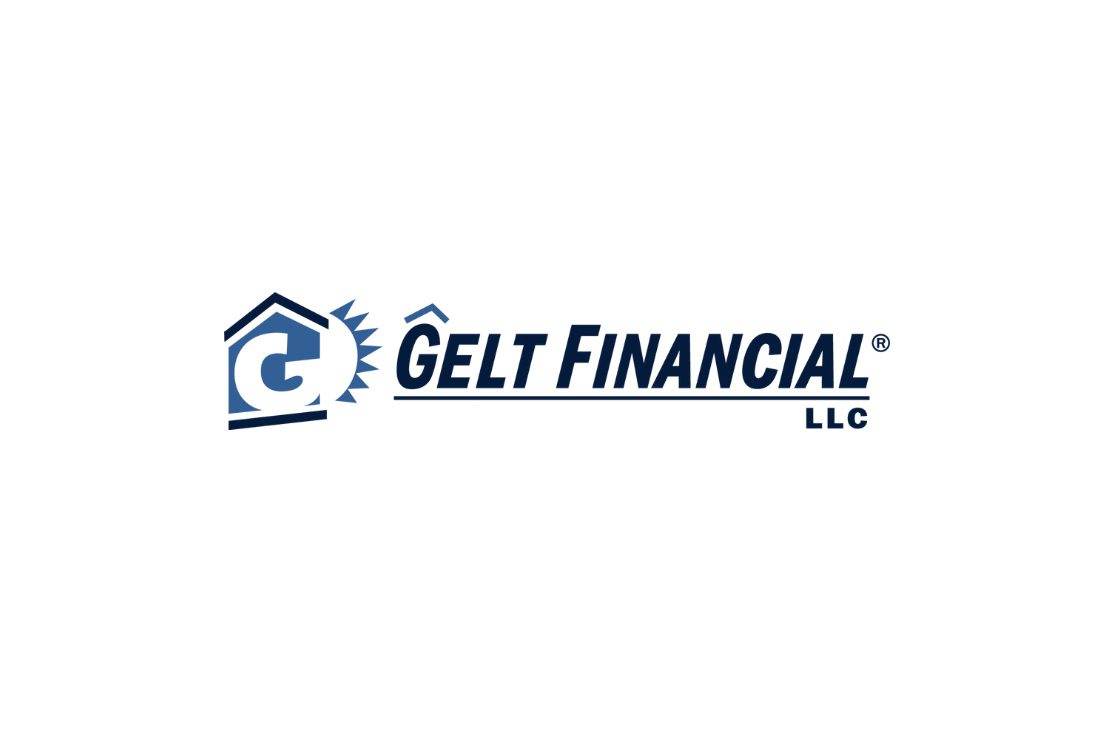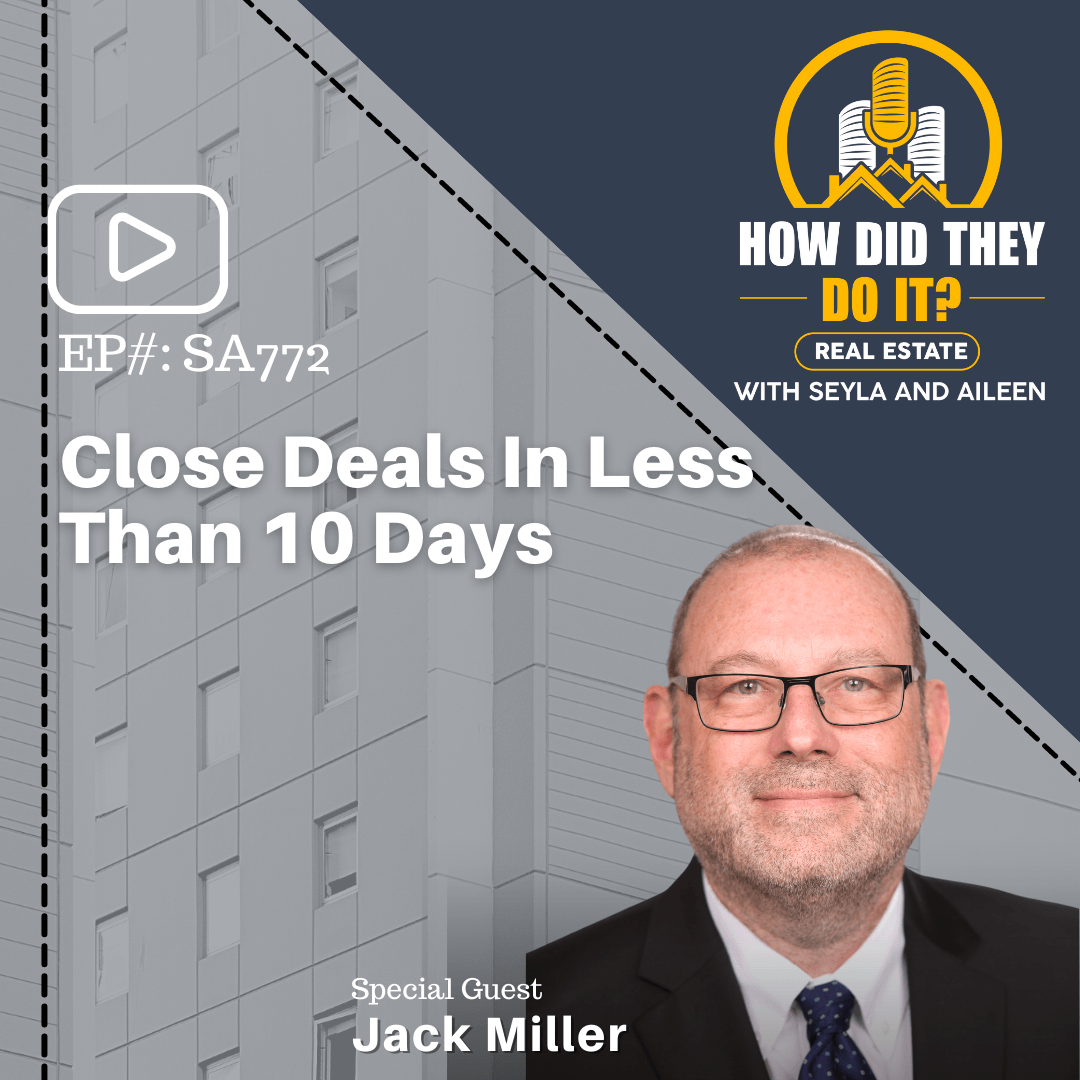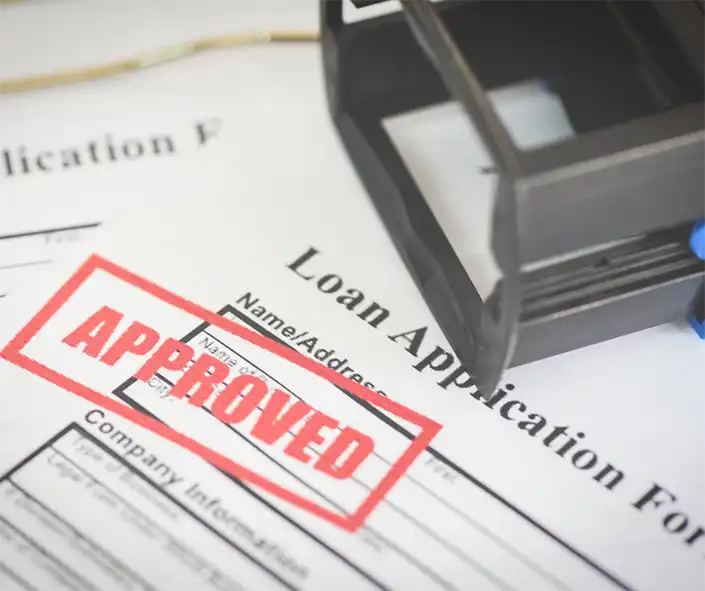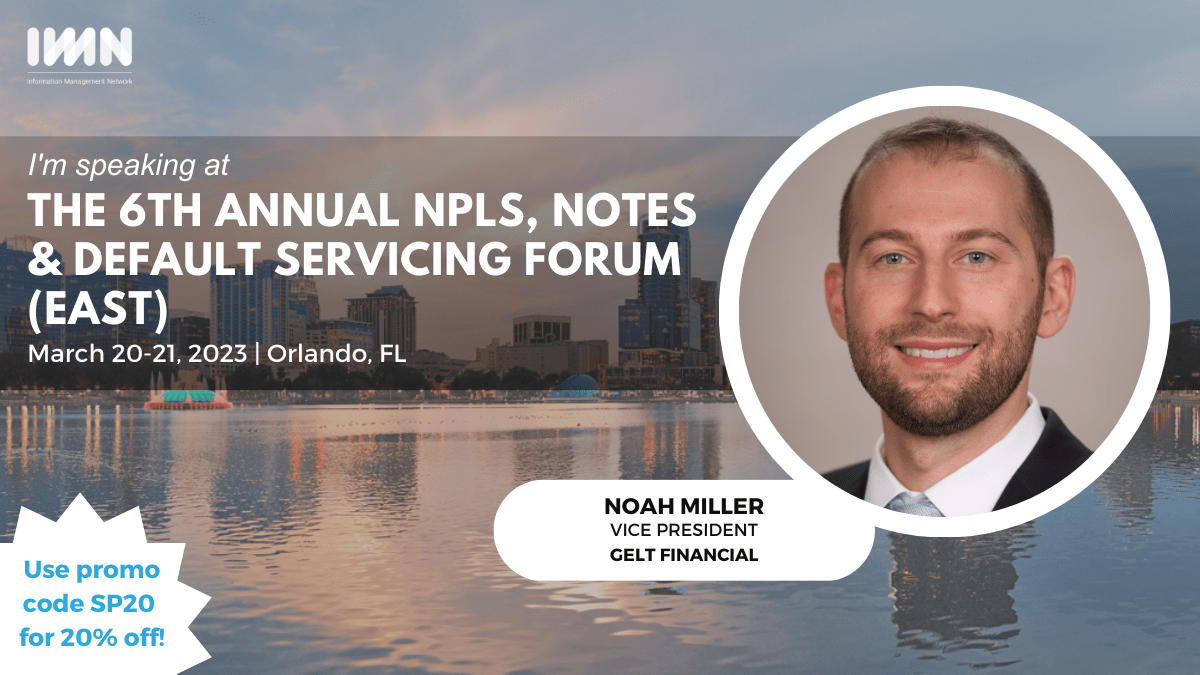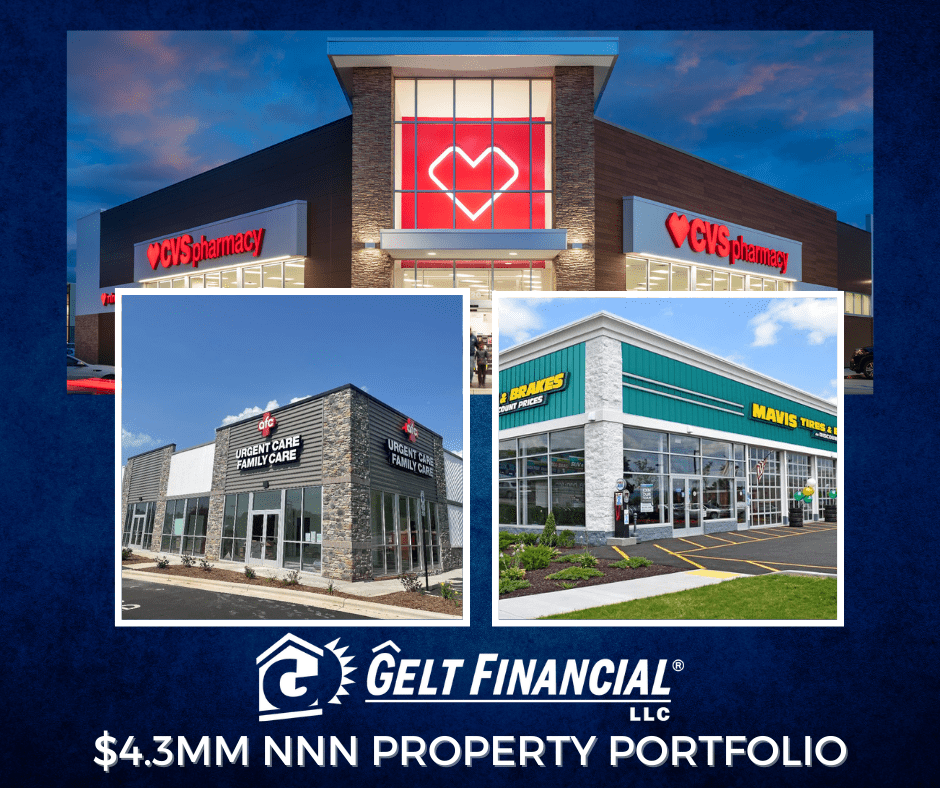What does the collapse and FDIC take over of Banks mean to our Borrowers and Mortgage Brokers?
How will this effect us and you?
“Marcy: Hello.
Jack: Hey, we want to make a video, you know we’re making these two days after there was two or three banks—
Marcy: Two large banks that shut down.
Jack: Well, the government took them over.
Marcy: Yeah, I mean we will point out though that not typical people didn’t necessarily like. I don’t know if they had their monies there; some of them were specialized.
Jack: Well, either way, the government said that they’re going to cover all the deposits, but that’s not our point. I want to focus on.
Marcy: We’re talking about what’s going on—
Jack: Like the video, like the YouTube or wherever you see this, like it, leave us questions. So, look, banks are under increased pressure. They’re always under pressure. First, I want the public to know whether they realize this or not, that just about every credit and underwriting decision is made at the federal government level. Now when you apply for a mortgage at a bank or a car loan or whatever, a credit card, no one at the federal government’s looking at you alone. But the federal government through the FDIC and other regulatory agencies really controls the underwriting of the banks.
Marcy: Because they set the standards.
Jack: They set the standards, so really the government controls what loans are being done and what loans can’t be done. Gelt Financial’s place in the marketplace is, if someone can go to a bank, they’ll go to a bank. The rates are a lot cheaper than Gelt’s. But if you can’t go to a bank, we feel a need, or if a bank can’t close your loan in time, we feel a need. Approximately 50% of our deals can go to a bank. They just come to us as a bridge loan to close quickly.
Marcy: To secure the real estate.
Jack: Yes, and then they refinance with the bank. But this new period wherein a bank… and we don’t know if it’s going to be more than these two banks; it may be. It doesn’t matter from our perspective whether more than two banks get closed or not. And with self-understood, we feel bad for the banks and the equity who get wiped out and the shareholders and the employees. But we’re here, our capital’s opportunistic capital. We’re not regulated by the FDIC, which means we can do things that they don’t do that banks don’t do. We don’t have the written guidelines and the compliance that they do, but there’s a price to pay. We’re going to be more expensive than that.
Marcy: Right, but it serves a purpose, and it secures the real estate. It gives you what you need at the moment, and you know when you have the time you refinance out of our deals.
Jack: Yes, so banks are clearly, or I believe going to get more stringent. You know the banks, even the healthy banks, they’re going to be asking more questions, and it’s going to become tougher and tougher for borrowers unless they have a lot of time and are pretty perfect to borrow money from banks. So we, as non-bank private lenders, are a fantastic alternative. Now it’s interesting, you know banks, I don’t even know what rates are anymore because they’re going up so fast.
Marcy: Well, the margin between our rates and banks.
Jack: It’s not that big anymore.
Marcy: It’s like closing in, it really is.
Jack: That’s correct. You know, it used to be where a bank was, let’s say, three and a half, four, and let’s say we were ten. You know, so we were like over, I don’t want to say triple—
Marcy: Twice as much maybe.
Jack: More than two and a half times, sometimes triple as much as a bank. Now it’s not so. Now, give you an example. A Bank could be seven and a half, eight if you can get it. If you can get it, it’s a big “if.” We’re 11 and a half, 12, so you’re going to pay a premium to come to us, clearly. But the premium is not as great now. I get it from a psychological point of view. Everyone, no one wants to pay that premium because you know and you should, but we’re a tool for people to use if they can’t go to a bank or if they don’t have time to go.
Marcy: Absolutely. So, the reason we’re making this video is really to talk about the atmosphere of what’s going on in the world right now. I mean, what we’re saying is the banks are going to get stricter and stricter, and when you come to us, we have our own guidelines, and you’re dealing directly with Jack and myself and our team, and we don’t answer to anyone except us and
our borrowers, and that’s it. So we make a decision on the deal by the property, and you know we have our own guidelines, but we can do it for you in a really fast, timely manner versus a bank, and they’re just taking forever. I hear this every single day that they’re just exhausted; the borrowers are exhausted, the brokers are exhausted because the banks are just not following through with what they tell you they can do.
Jack: It’s also what’s happened, Marcy is, and I want to point this out, we don’t sell our loans on the secondary market.
Marcy: Which is a big thing, trust me.
Jack: We keep all of our loans in-house, which means we service them. They’re funded with private—our balance sheet or high net worth individuals or whatever.
Marcy: We’re a direct lender; we fund the deal.
Jack: So we don’t sell them on the secondary market. So also, what’s happening is the secondary market is drying up or is dried up.
Marcy: Yeah, because the people are scared, the big investors are scared now.
Jack: So a lot of our big competition who were like, you know, a thousand times the size of us, they’ve either closed, they’ve dramatically tightened up on their guidelines or whatever. They’re not doing deals.
Marcy: And the reason they’re not doing deals is that their equity has dried up also.
Jack: They don’t have the capital. They don’t have the capital anymore. They don’t have those big, big investors or on that secondary Market of like them taking up the real estate and moving it along. It’s not happening anymore out there. They’ve shut down, so it’s difficult. But we’re here, like if they, you know, so the bottom line is banks are tough. If you have the time and if you have your documentation in order, you should go to a bank, no question about it. But we are a fantastic alternative for none. And look, we’ve seen two or three, I think two banks close up within three days. You may see more. We don’t know. No one knows what the future brings. But you know, we just have to roll, so to speak, roll with the punches. From our perspective, we’re collateral lenders, so we focus primarily on the real estate, and we’re what you call a commonsense lender. So, it’s the story. So, if a person has a credit problem or, you know, something they don’t verify their income or whatever it may be, as long as it makes sense, we want to do the deal. We’re doing a lot of foreclosure bailouts now, a lot of people—
Marcy: But let’s talk for a minute; why they’re going into foreclosure. I’m telling you right now, this is why because their current lender doesn’t want them on the books anymore. The current lenders are not—if someone’s loan is ballooning, they’re not extending, and a lot of it has to do with commercial. It’s a commercial. They don’t want the commercial loans on their books anymore. So, what is happening, what we’ve been seeing a lot in the marketplace is a lot of pre-foreclosure because the current lender doesn’t—are forcing the borrowers to refinance out of their loans. They don’t want the loans on the books anymore. So that’s actually like I have two deals in the pipeline right now, that that’s the reason.
Jack: And some of them just aren’t paying.
Marcy: Some of them aren’t paying, but most of the ones I’ve been seeing lately, it’s been the lender that’s forcing the foreclosure because they don’t want that loan anymore.
Jack: It could be. There’s a lot of this stuff is repercussions from Covid. You know, today’s March 14th. Today is really the day where the world shut down, was it three years ago?
Marcy: Three years ago, so we’re seeing the fallout.
Jack: Yeah, we’re seeing the fall. So, you know, a lot of lenders, you’re right, are not extending the loans. By the way, I just want to point this out, even though we’re short-term lenders, you know, two, three, four, five years,
Marcy: We’ll let you stay if you need to.
Jack: We have, I forget the exact number, but as of 12/31, which was a couple of months ago, I think it was 43 or 47 deals on the books more than 15 years. So, if you pay us, we’ll keep extending you, three years, four years, five years at a time, a year, whatever you want. That’s not a problem, as long as you keep paying us again. But if you can get a cheaper rate, you know you should.
Marcy: Absolutely, but what we’re saying is like we will do what you need, you know if you need to stay here longer, we will accommodate you as long as you’re paying.
Jack: That’s it. Okay, do we leave anything else?
Marcy: Yep, that’s it.
Jack: Okay, thank you. Remember, check us out at geltfinancial.com. Remember when your bank says no, we say yes. Call us at 561-221-0900, and we’re looking to do deals. We’re definitely doing deals every day. We’re closing deals, and we’re looking to do more. Take care, have a great day.”
Category: Education
Tag: FDIC






